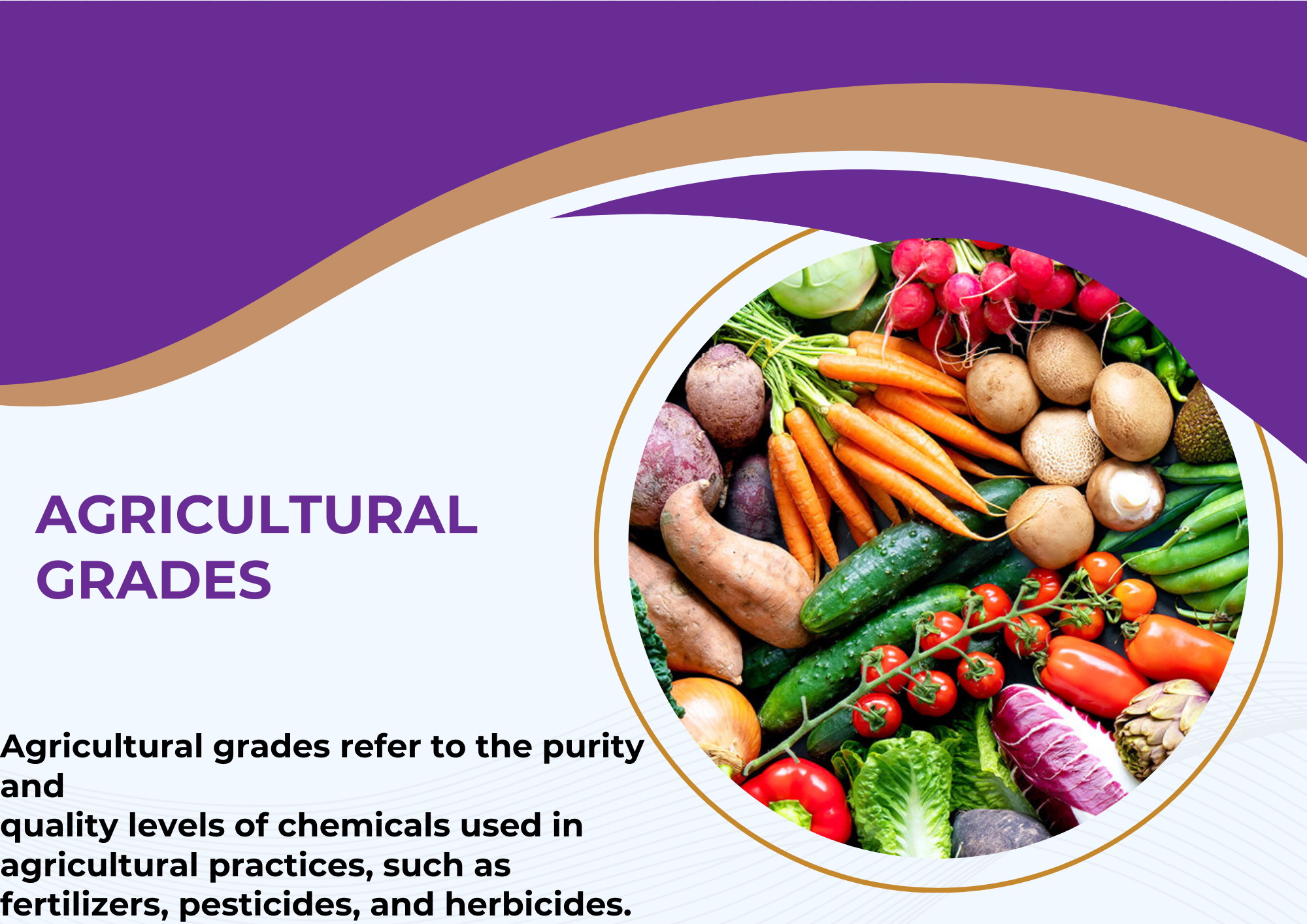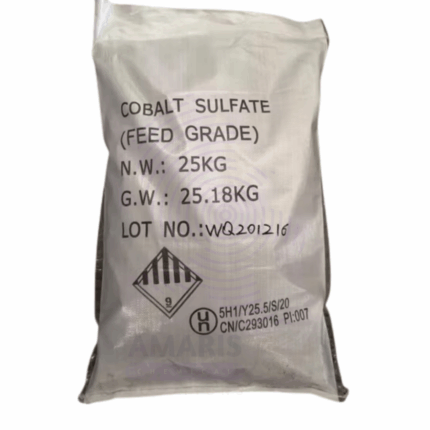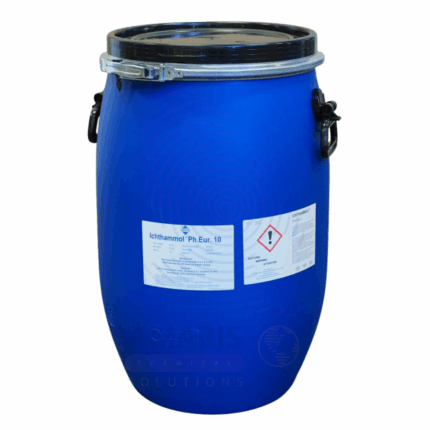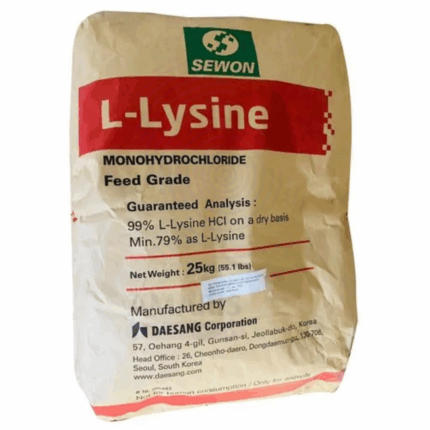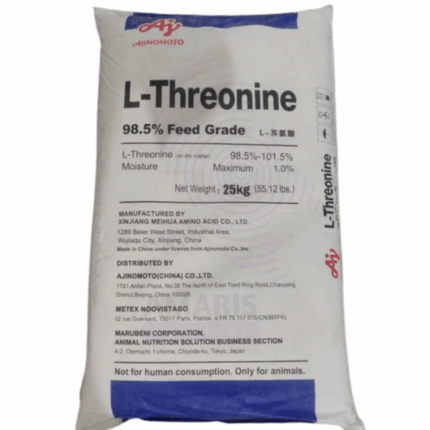Icing Sugar Super refined
Whatsapp Order
Icing Sugar Super refined, also known as powdered sugar or confectioners’ sugar, is a finely ground white sugar produced by milling granulated sugar into a smooth, powdery form. This grade of icing sugar has an ultra-fine texture with a particle size typically less than 50 microns, ensuring quick solubility and a smooth finish. It often contains a small percentage of anti-caking agent such as cornstarch or tricalcium phosphate to prevent clumping. Super refined icing sugar is widely used in baking, confectionery, and food processing industries for its fast-dissolving and smooth blending characteristics.
Description
Table of Contents
Toggle
Icing Sugar Super refined
Primary Uses
- Bakery & Confectionery
- Used for frosting, icing, and glazes on cakes, cookies, and pastries.
- Essential for making buttercream, fondant, and whipped toppings.
- Provides texture and sweetness in dry mixes and no-bake desserts.
- Beverage and Instant Mixes
- Used in dry powdered drinks and flavored instant beverage mixes for fast solubility.
- Acts as a sweetener in dry blends for hot chocolate and milkshakes.
- Dairy and Ice Cream
- Used in flavored yogurts, milk desserts, and ice cream to enhance sweetness and smooth texture.
- Prevents crystallization in frozen dairy products.
- Chocolate and Confectionery
- Incorporated in chocolates, truffles, and candies for smooth mouthfeel and structure.
- Acts as a key ingredient in fillings, fondants, and dusting applications.
- Decorative Applications
- Used as a decorative dusting sugar on baked goods and desserts.
- Provides a clean, snow-like appearance for visual appeal.
Secondary Uses
- Pharmaceutical Industry
- Used as a bulking agent and sweetener in tablets, lozenges, and syrups.
- Nutraceuticals
- Applied in powdered dietary supplements and meal replacements for flavor and consistency.
- Foodservice and Retail
- Included in ready-to-use mixes and consumer baking kits.
- Sold in consumer-sized packs for household baking use.
KEY ATTRIBUTES
- Basic Identification Attributes
- Product Name: Icing Sugar (Super Refined)
- Synonyms: Powdered Sugar, Confectioners’ Sugar, 10X Sugar
- CAS Number: 57-50-1 (Sucrose)
- HS Code: 1701.99.90
- Chemical Formula: C₁₂H₂₂O₁₁
- E Number (Anti-caking Agent): E170 (Calcium Carbonate) / E341 (Tricalcium Phosphate) / E1401 (Modified Starch)
- Physical & Chemical Properties
- Physical State: Fine powder
- Color: White
- Odor: Odorless
- Taste: Sweet
- Particle Size: Typically <50 microns
- Solubility: Completely soluble in water
- Moisture Content: ≤ 0.5%
- Bulk Density: ~0.7 g/cm³
- pH (10% solution): 5.0–7.5
- Additives: Contains up to 3% anti-caking agent (e.g., starch or calcium phosphate)
- Safety & Hazard Attributes
- GHS Classification: Not classified as hazardous
- Toxicity: Non-toxic, food-grade
- Allergen Status: Generally recognized as allergen-free
- Exposure Limits: No occupational exposure limits set
- Storage & Handling Attributes
- Container Type: Food-grade polyethylene bags, kraft paper bags, or bulk totes
- Storage Conditions: Store in cool, dry, odor-free area away from moisture and strong odors
- Shelf Life: 12–24 months under proper storage
- Handling Notes: Avoid moisture; reseal containers after use
- Regulatory & Compliance Attributes
- Complies with:
- Codex Alimentarius
- FDA 21 CFR (as a food-grade sweetener)
- EU Food Additive Directives
- FSSAI (India)
- Halal and Kosher certifications available upon request
- Environmental & Health Impact
- Biodegradability: Fully biodegradable
- Ecotoxicity: None
- Bioaccumulation: Not applicable
- Carcinogenicity/Mutagenicity: Not classified
SAFETY HANDLING PRECAUTIONS
- Safety Handling Precautions
- PPE Required: Dust mask, safety glasses in case of dusting
- Handling Guidelines: Avoid creating airborne dust; use ventilation where needed
- Hygiene Practices: Wash hands after handling; do not inhale dust
- First Aid Measures
- Inhalation: Move to fresh air if dust causes irritation
- Skin Contact: Wash with water if irritation occurs
- Eye Contact: Rinse thoroughly with clean water; seek attention if irritation persists
- Ingestion: Safe if consumed in food-grade applications
- Firefighting Measures
- Fire Hazards: Combustible dust in high concentrations
- Extinguishing Media: Use water spray, foam, dry chemical, or CO₂
- Special Precautions: Avoid dust clouds; use explosion-proof equipment
- Combustion Products: Carbon dioxide, carbon monoxide
Related products
Cobalt Sulphate Feed Grade
Cobalt Sulphate Feed Grade is a cobalt salt of sulfuric acid, typically appearing as a pink to reddish crystalline powder or granules. It is specifically manufactured and purified for use as a trace mineral supplement in animal nutrition. Cobalt is an essential trace element required in small amounts for the synthesis of vitamin B12 (cobalamin) in ruminants, playing a vital role in maintaining proper metabolism, growth, and overall health. Feed grade cobalt sulfate ensures safe, bioavailable cobalt supply to livestock such as cattle, sheep, goats, and poultry, supporting rumen microbial activity, appetite, and red blood cell production.
Ichthammol BP98
Ichthammol BP98, also known as ammonium bituminosulfonate, is a dark brown to black, viscous, sulfur-rich, semi-solid substance derived from the distillation of shale or bituminous rocks. It has a characteristic tar-like odor and is highly valued in pharmaceutical and dermatological applications for its anti-inflammatory, antiseptic, antipruritic (anti-itch), and keratolytic properties. Ichthammol penetrates deeply into the skin and soft tissues, helping to alleviate inflammation and promote healing. It is widely used in topical preparations for treating skin conditions such as eczema, psoriasis, boils, abscesses, and other dermatological infections.
L-Lysine HCL Feed Grade
L-Lysine HCL Feed Grade is a highly pure form of the essential amino acid lysine combined with hydrochloric acid to improve its stability and solubility. It appears as a white crystalline powder and is widely used as a dietary supplement in animal feed to enhance growth, improve feed efficiency, and balance amino acid profiles. L-Lysine HCL is critical in poultry, swine, and aquaculture nutrition, helping to meet animals’ lysine requirements for protein synthesis and overall health.
L-Threonine Feed Grade
L-Threonine Feed Grade is a high-purity essential amino acid used primarily as a nutritional supplement in animal feed. It appears as a white crystalline powder and is vital for protein synthesis, growth, and overall health in livestock. This feed-grade form of L-Threonine helps balance amino acid profiles in animal diets, especially in monogastric animals like poultry and swine, improving feed efficiency and production performance.
Sulphadimidine BP Vet
Sulphadimidine BP Vet (also known as Sulfadimidine or Sulfamethazine) is a synthetic sulfonamide antibacterial agent used primarily in veterinary medicine. It is effective against a broad range of Gram-positive and Gram-negative bacteria by inhibiting folic acid synthesis, essential for bacterial growth. This BP-grade product ensures pharmaceutical quality suitable for treating infections in livestock and companion animals, promoting animal health and productivity.
Vitamin K3
Vitamin K3, chemically known as Menadione, is a synthetic, fat-soluble vitamin used primarily in animal nutrition and some pharmaceutical applications. Unlike Vitamins K1 and K2, Vitamin K3 does not occur naturally but is a stable precursor that the body (or animal body) can convert into active forms of Vitamin K. It plays a critical role in blood clotting, bone metabolism, and cellular health. Vitamin K3 is usually available as Menadione Sodium Bisulfite (MSB) or Menadione Nicotinamide Bisulfite (MNB) for enhanced solubility and stability.
Xantham Gum
Xanthan Gum is a high-molecular-weight polysaccharide produced by fermentation of glucose or sucrose by the bacterium Xanthomonas campestris. It is widely used as a thickening, stabilizing, and emulsifying agent in various industries due to its excellent viscosity properties, even at low concentrations. Xanthan Gum imparts improved texture, consistency, and shelf life to finished products, making it indispensable in food, pharmaceutical, cosmetic, and industrial formulations.
Xylanase Baking Enzymes
Xylanase Baking Enzymes are specialized enzymes used in the baking industry to improve dough handling, bread volume, crumb structure, and overall product quality. These enzymes catalyze the breakdown of xylans (non-starch polysaccharides in cereal cell walls), reducing dough viscosity and enhancing gas retention during fermentation. This results in improved texture, softness, and shelf life of baked goods.


 Preservatives(food)
Preservatives(food) Flavor Enhancers
Flavor Enhancers Acidulants
Acidulants Sweeteners
Sweeteners Antioxidants
Antioxidants Colorants(food)
Colorants(food) Nutraceutical Ingredients (food)
Nutraceutical Ingredients (food) Nutrient Supplements
Nutrient Supplements Emulsifiers
Emulsifiers
 Collectors
Collectors Dust Suppressants
Dust Suppressants Explosives and Blasting Agents
Explosives and Blasting Agents Flocculants and Coagulants
Flocculants and Coagulants Frothers
Frothers Leaching Agents
Leaching Agents pH Modifiers
pH Modifiers Precious Metal Extraction Agents
Precious Metal Extraction Agents
 Antioxidants(plastic)
Antioxidants(plastic) Colorants (Pigments, Dyes)
Colorants (Pigments, Dyes) Fillers and Reinforcements
Fillers and Reinforcements Flame Retardants
Flame Retardants Monomers
Monomers Plasticizers
Plasticizers Polymerization Initiators
Polymerization Initiators Stabilizers (UV, Heat)
Stabilizers (UV, Heat)
 Antifoaming Agents
Antifoaming Agents Chelating Agents
Chelating Agents Coagulants and Flocculants
Coagulants and Flocculants Corrosion Inhibitors
Corrosion Inhibitors Disinfectants and Biocides
Disinfectants and Biocides Oxidizing Agents
Oxidizing Agents pH Adjusters
pH Adjusters Scale Inhibitors( water)
Scale Inhibitors( water)
 Antioxidants(cosmetic)
Antioxidants(cosmetic) Emollients
Emollients Fragrances and Essential Oils
Fragrances and Essential Oils Humectants
Humectants Preservatives
Preservatives Surfactants(cosmetic)
Surfactants(cosmetic) Thickeners
Thickeners UV Filters
UV Filters
 Fertilizers
Fertilizers Soil Conditioners
Soil Conditioners Plant Growth Regulators
Plant Growth Regulators Animal Feed Additives
Animal Feed Additives Biostimulants
Biostimulants Pesticides (Herbicides, Insecticides, Fungicides)
Pesticides (Herbicides, Insecticides, Fungicides)
 Active Pharmaceutical Ingredients (APIs)
Active Pharmaceutical Ingredients (APIs) Excipients
Excipients Solvents(pharmaceutical)
Solvents(pharmaceutical) Antibiotics
Antibiotics Antiseptics and Disinfectants
Antiseptics and Disinfectants Vaccine Adjuvants
Vaccine Adjuvants Nutraceutical Ingredients (pharmaceutical)
Nutraceutical Ingredients (pharmaceutical) Analgesics & Antipyretics
Analgesics & Antipyretics
 Analytical Reagents
Analytical Reagents Solvents(lab)
Solvents(lab) Chromatography Chemicals
Chromatography Chemicals Spectroscopy Reagents
Spectroscopy Reagents microbiology-and-cell-culture-reagents
microbiology-and-cell-culture-reagents Molecular Biology Reagents
Molecular Biology Reagents Biochemical Reagents
Biochemical Reagents Inorganic and Organic Standards
Inorganic and Organic Standards Laboratory Safety Chemicals
Laboratory Safety Chemicals Specialty Laboratory Chemicals(Special Laboratory Equipment)
Specialty Laboratory Chemicals(Special Laboratory Equipment)
 Demulsifiers
Demulsifiers Hydraulic Fracturing Fluids
Hydraulic Fracturing Fluids Scale Inhibitors(oil)
Scale Inhibitors(oil) Surfactants(oil)
Surfactants(oil) Drilling Fluids
Drilling Fluids
 Dyes and Pigments
Dyes and Pigments Bleaching Agents
Bleaching Agents Softening Agents
Softening Agents Finishing Agents
Finishing Agents Antistatic Agents
Antistatic Agents
 Admixtures
Admixtures Waterproofing Agents
Waterproofing Agents Sealants and Adhesives
Sealants and Adhesives Curing Compounds
Curing Compounds Concrete Repair Chemicals
Concrete Repair Chemicals Anti-Corrosion Coatings
Anti-Corrosion Coatings
 Surfactants(cleaning)
Surfactants(cleaning) Builders
Builders Enzymes
Enzymes Solvents (Cleaning)
Solvents (Cleaning) Fragrances
Fragrances
 Electronic Chemicals
Electronic Chemicals Catalysts
Catalysts Lubricants
Lubricants Photographic Chemicals
Photographic Chemicals Refrigerants
Refrigerants Automotive chemicals
Automotive chemicals Pyrotechnic Chemicals
Pyrotechnic Chemicals
 Biodegradable Surfactants
Biodegradable Surfactants Bio-based Solvents
Bio-based Solvents Renewable Polymers
Renewable Polymers Carbon Capture Chemicals
Carbon Capture Chemicals Wastewater Treatment Chemicals
Wastewater Treatment Chemicals
 Pigments
Pigments Solvents(paint)
Solvents(paint) Specialty Coatings
Specialty Coatings Binders/Resins
Binders/Resins Additives
Additives Driers
Driers Anti-Corrosion Agents
Anti-Corrosion Agents Functional Coatings
Functional Coatings Application-Specific Coatings
Application-Specific Coatings
 Fresh Herbs
Fresh Herbs Ground Spices
Ground Spices Whole Spices
Whole Spices Spice Blends
Spice Blends Dried Herbs
Dried Herbs
 Leavening Agents
Leavening Agents Dough Conditioners
Dough Conditioners Flour Treatments
Flour Treatments Fat Replacers
Fat Replacers Decoratives
Decoratives Preservatives(baking)
Preservatives(baking)
 Plasticizers & Softeners
Plasticizers & Softeners Reinforcing Agents
Reinforcing Agents Adhesion Promoters
Adhesion Promoters Vulcanizing Agents
Vulcanizing Agents Antidegradants
Antidegradants Blowing Agents
Blowing Agents Fillers & Extenders
Fillers & Extenders Accelerators & Retarders
Accelerators & Retarders

